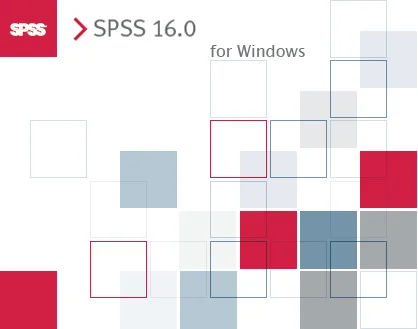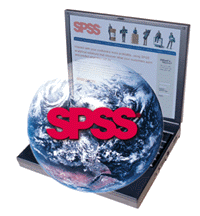Within the military, attention in recent years has been shifting among senior military leaders toward a model of health for service members that included the idea of resilience. Notably, in 2011, a whole special issue of the high-visibility journal American Psychologist focused on the U.S. Army’s idea of “Comprehensive Soldier Fitness,” or CSF. In the opening article, then U.S. Army Chief of Staff General George Casey Jr. described it this way:
“… the Army is leveraging the science of psychology in order to improve our force’s resilience. More specifically, we are moving beyond a “treatment-centric” approach to one that focuses on prevention and on the enhancement of the psychological strengths already present in our soldiers. Rooted in recent work in positive psychology, CSF is a “strengths-based” resiliency program that shows promise for our workforce and its support network so our soldiers can “be” better before deploying to combat so they will not have to “get” better after they return.”[i]
Although I’m a Sailor (i.e., in the Navy; more specifically, the Navy Reserve) and not a Soldier, the notion of resilience has seeped across the branches of service. And while most of the personnel burden for the wars in both Iraq and Afghanistan has fallen upon the Army, the Navy has also begun to appreciate the notion of resilience. That’s good, because resilient service members will be better equipped to handle the increasingly dynamic nature of their work, and, when they eventually leave military service, they’ll have yet another skill that transfers to the civilian workplace.
It’s also a concept that’s critical for leaders working in any industry that’s either beginning to experience—or is in the throes of—what’s becoming the turbulent, modern business environment. Work organizations that embraced a concept of “comprehensive employee fitness” would surely benefit through the more engaged, more motivated workforce that would result.
Read More














